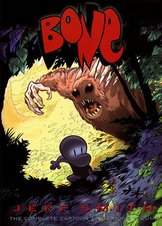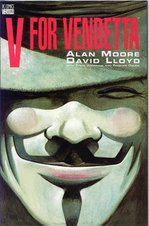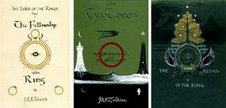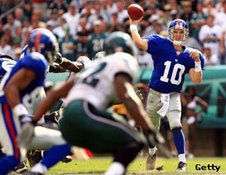In Richard Rodriguez’s autobiographical novel, Hunger of Memory, the Mexican culture of his family life can never coexist with the American culture that has educated him. Rodriguez laments the necessary sacrifice of one of these cultures while scoffing at attempts to recognize both, such as through bilingual education. Yet Rodriguez was divided from his family in more than just culture: economically, he is middle class while his parents are lower class; and his sexual interests, as he later admits, are dissimilar to his parents. His belief that one cannot be apart of two cultures is based on more than just culture. I only mention Rodriguez because his bleak portrayal of a multicultural life, although despicable, is still jarring in its possible truth.
Instead of blaming society for the choices one makes, like Rodriguez does, in American Born Chinese, Gene Luen Yang tells the more introspective story of Jin Wang. Yang interweaves three distinctly separate stories of the present, future and Chinese mythology in the coming of age of Jin Wang.
Yang’s structuring of three interrelated stories is masterful. The structuring reminds me of the end of every Star Wars film. Yang gives you enough of each story to make you want to read more, but then the reader is taken to another story.
The art is awesome. Yang uses the graphic novel medium to convey detail that text alone cannot: I doubt that Wang’s transformations could be explained as well without images. Furthermore, the character’s feelings are usually expressed through setting and body language. While the story is mostly told, drawn, and inked through rectangular panels, Yang manipulates this standard form of the medium to perfection: the Monkey King goes beyond reality by breaking free of the panels; and one story’s panels are accompanied with a laugh track.
In addressing assimilation, racism, and cultural pride, American Born Chinese manages to be funny, vivid, sincere, and philosophical. Yang’s work is the first graphic novel to the win the National Book Award. I highly recommend it to anyone who reads.
By the way, I love the Transformer metaphor.

us

Jeff Smith's "Bone"
About Me


My blog's watchdog
Blog Archive
-
▼
2006
(27)
- ► 12/17 - 12/24 (1)
- ► 12/10 - 12/17 (6)
- ► 12/03 - 12/10 (2)
- ► 11/26 - 12/03 (1)
- ► 11/19 - 11/26 (1)
- ► 11/12 - 11/19 (1)
- ► 10/29 - 11/05 (2)
- ► 10/22 - 10/29 (1)
- ► 10/15 - 10/22 (1)
- ► 10/01 - 10/08 (2)
- ► 09/24 - 10/01 (2)
- ► 09/17 - 09/24 (2)
- ► 09/10 - 09/17 (1)
- ► 09/03 - 09/10 (1)
www.flickr.com
This is a Flickr badge showing public photos from oldman.fuentes. Make your own badge here.



1 comment:
Matt, I'm so glad you are finding AMERICAN BORN CHINESE interesting.
I love the Rodriguez book. Used to teach it at S.U. I see his reflection as highly introspective. I heard him speak at a NYSEC conf. in Syracuse some years ago. WIll have to tell you how he opened that day.
Anyway, when I read this memoir, I found his position on bilingual education sympathetic--it comes from a particular place I understand...and one that has been constructed in the contex of his own coming of age before Latino/Hispanic voices had the power they do today--or at least do in many quarters.
How do you think he "blames society" for the choices he (?) makes?
Aren't we all constructed by particular ideologies?
I.e., "in and by society?"
I look forward to talking with you further about Rodriguez's memoir -- when we can.
I really like your analysis here of the Yang text.
Post a Comment